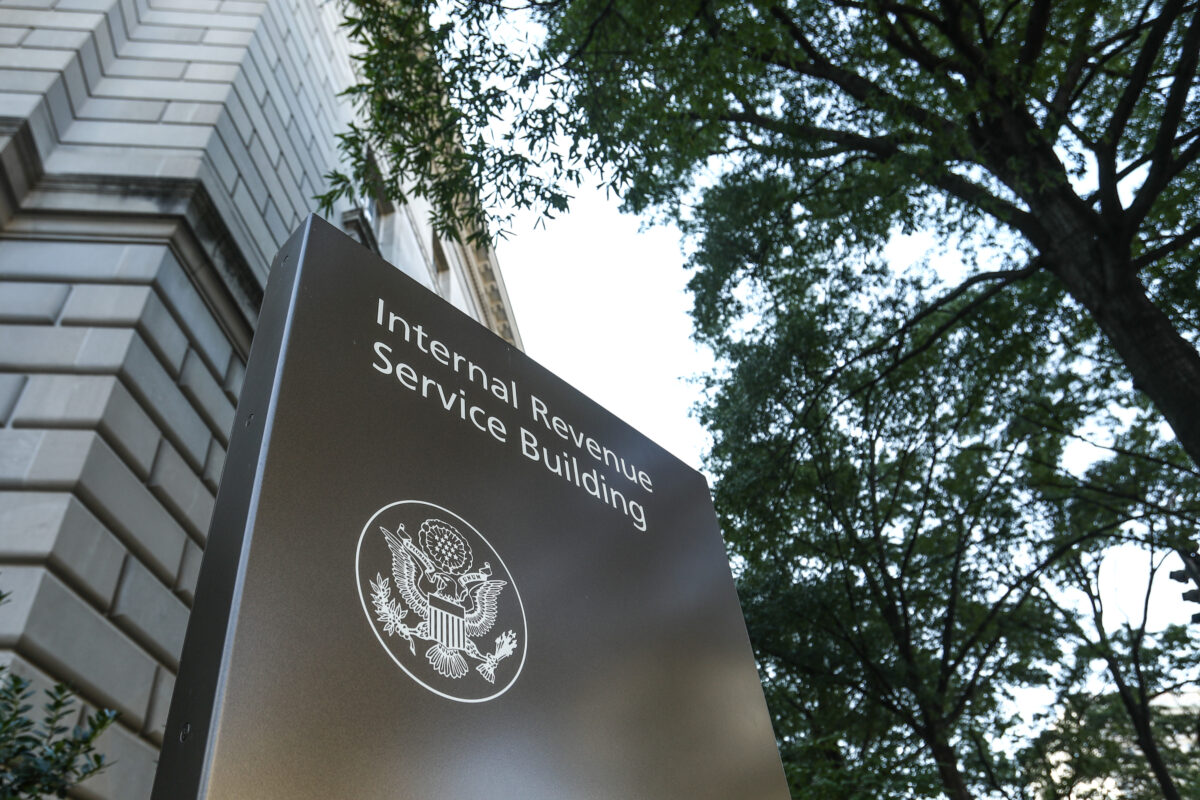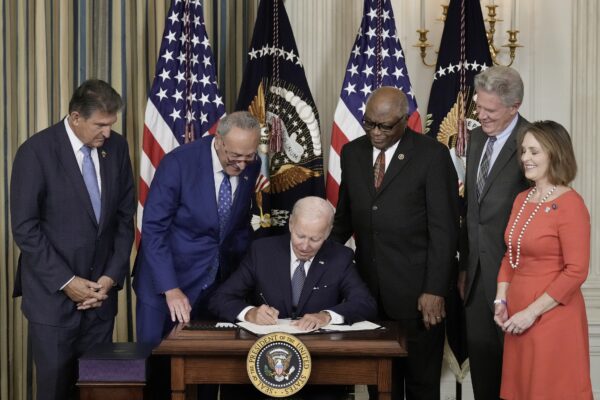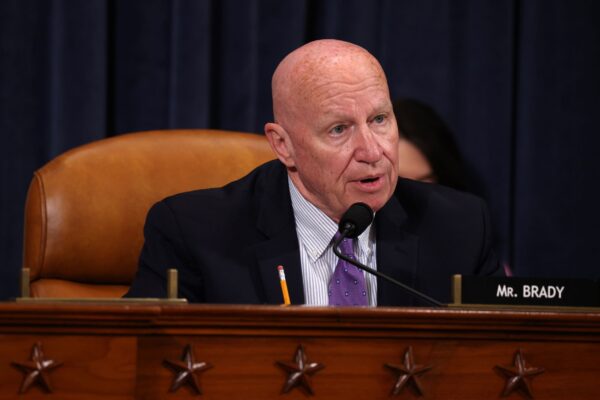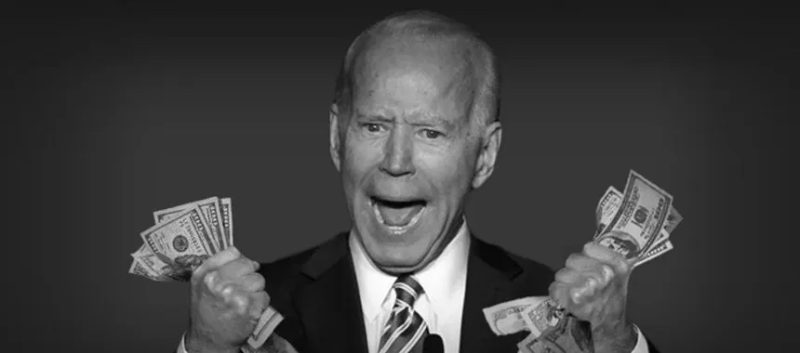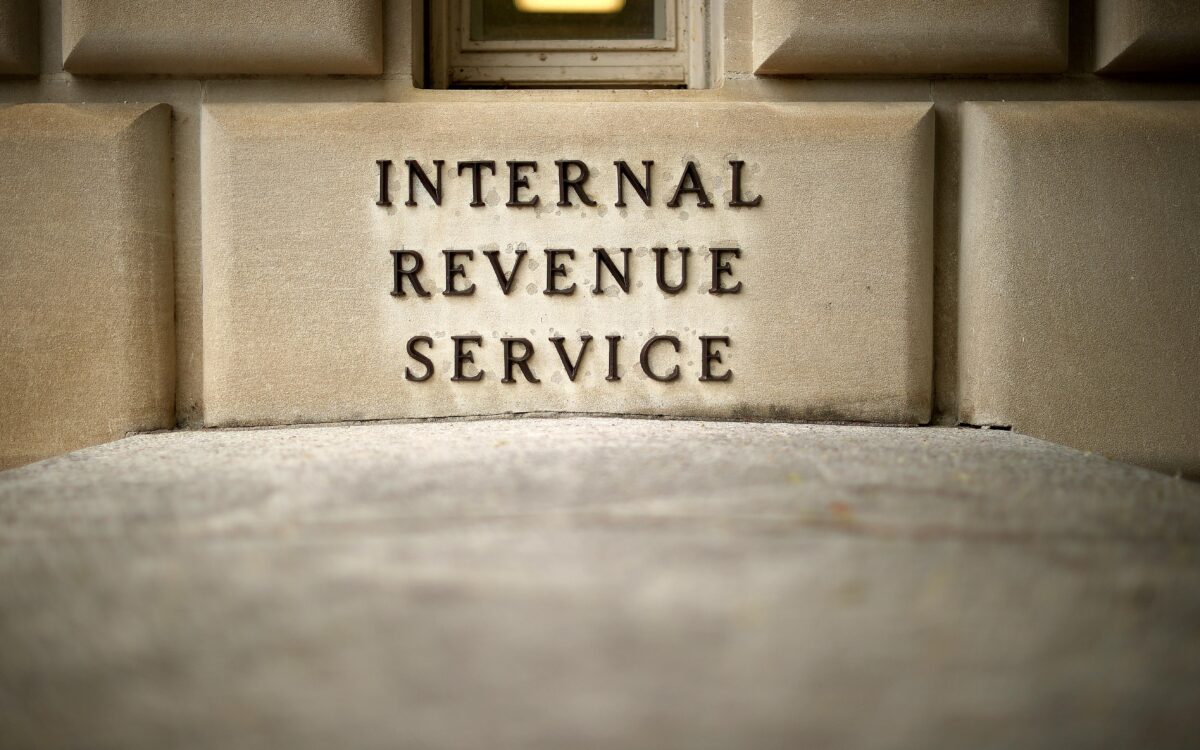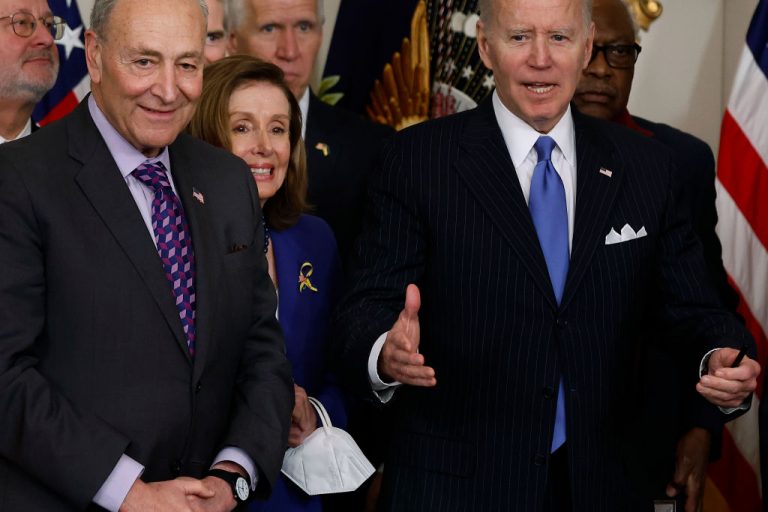Ex-Obama Official Gets Taught a Lesson After Claiming Trump Staff Should Have Complied with ‘Direct Order from the FBI’
For a damning picture of the modern left, it doesn’t get much clearer than this.
The Democratic Party, which spent the 2020 presidential election year trashing the police and cheering on rioting mobs wreaking havoc on American cities is now desperately trying to rebrand itself for the midterm election year as the party of loyalty to federal law enforcement agencies hellbent on pursuing former President Donald Trump and his supporters.
But as a Twitter post published Wednesday by a member of the previous Democratic administration shows, all it’s really proving is basic ignorance, or utter contempt, for the foundations the country was built on.
The post was published by Tommy Vietor, now a co-host of the blasphemously liberal podcast “Pod Save America,” but a man who rose to public attention as one of the more abrasively juvenile members of the Obama administration.
The tweet included a link to a CNN report (of course) about the surveillance footage that was taken of last week’s FBI raid on Trump’s home in South Florida’s Mar-a-Lago Club, and a comment from Vietor that probably said more about the mindset of the modern left than Tommy ever intended.
The staff at the Trump household had refused an FBI request to turn off surveillance cameras in the home, which would have left the agents free to do anything they chose without fear of exposure.
“Very confused about how you can refuse a direct order from the FBI while they are in the process of executing a search warrant, especially given the context here when the concern is about unauthorized release of highly classified information,” Vietor wrote.
Very confused about how you can refuse a direct order from the FBI while they are in the process of executing a search warrant, especially given the context here when the concern is about unauthorized release of highly classified information. https://t.co/J6l1gtMpMc
— Tommy Vietor (@TVietor08) August 17, 2022
He’s “very confused” about an American household disobeying an order from the FBI? And a “direct order” at that?
It’s a good bet he wasn’t at all confused by the George Floyd rioters failing to follow the orders of local police as they set about looting and torching businesses in the name of “social justice” in the summer of 2020.
For many Democrats, anarchy in the streets, theft and destruction of property, even outright murder are completely acceptable (just ask the gangsters who benefited from the bail organization Vice President Kamala Harris supported).
But failing to fall into lockstep obedience with the feds when they show up armed with a search warrant and plenty of weaponry? That passes Vietor’s comprehension.
Naturally, being a blue-checked liberal, Vietor has plenty of simpering sympathizers in the social media world (even the Twitter bots Elon Musk talks about have more brains than that herd), but fortunately for the future of the republic, there were more than a few responses to set Vietor straight:
See Teachers’ Union Ad Attack ‘Extremists’ Who Are a Threat to Education, But It’s Not Who You Think
Lol “direct order”. Under what authority?
— Eager Beaver (@_eager_beaver) August 18, 2022
You say, “No thank you, I prefer to film my home during your official duties.” The official duties of the officer are not private, and first amendment permits filming officers.
— Zag (@hoperidesagain) August 18, 2022
It sounds to me like the .@FBI is hiding more than they accused Trump of.
— Paul M. (@ArizonaPaul) August 18, 2022
And then there was this classic:
If they told you to do the hokey pokey, would you do that too?
— AmericanIPA8 (@AmericanIpa8) August 18, 2022
Now, it’s easy to dislike Vietor and the rest of the coterie of sophomoric arrogance that surrounded the Obama White House. (The State Department’s Marie Harf was another, along with Harf’s old boss Jen Psaki.)
With Obama administration posts that included membership in the National Security Council and special assistant to the president, Vietor helped saddle the country with the bogus Iran nuclear deal that even Ben Rhodes, deputy national security advisor to the Obama White House, admitted had been sold in an “echo chamber” of mainstream media ignorance. (And to New York Times Magazine, no less.)
But he’s worth paying attention to, if only to see where the leftists of the Obama years are leading their party and — regrettably — the country today.
His podcast is an influential voice in leftist politics — the DigitalTrends website ranked it as the third-best political podcast for 2022. (No. 1 was NPR’s “The NPR Politics Podcast,” which says everything that needs to be said about DigitalTrends’ political preferences.)
To his marginal credit, Vietor appeared to learn something from his Twitter post, as one respondent explained a search warrant does not give law enforcement — even the big, bad FBI — powers to do more than search the premises involved.
“A search warrant authorizes…a search, per 4th Amd. It does not create other powers or cancel out civil liberties,” the user wrote.
“I remember when people used to be skeptical of the police, *especially* when they were dealing with someone we thought was a criminal.”
— Daniel Laufer (@lauferdaniel) August 17, 2022
Vietor seemed to get the message — or maybe he’d just finally realized how cringingly submissive his initial tweet came off and remembered that he’s supposed to be a man.
“Interesting — thank you. Wonder if they made this ‘order’ because of the risk of exposing the information, but that does seem a little ridiculous,” he wrote.
Interesting — thank you. Wonder if they made this “order” because of the risk of exposing the information, but that does seem a little ridiculous.
— Tommy Vietor (@TVietor08) August 18, 2022
“A little ridiculous” should have been a first reaction to the blatantly political operation. “Outrageous!” “Infuriating!” “Totalitarian BS!” would have been even better.
But for the leftist mindset of 2022, steeped in the openly anti-American tradition birthed by the disastrous Obama years, the initial reaction is not to defend American freedoms but to question why Americans can refuse a “direct order.”
This is a man who served in the Obama White House, remember, where the abuse of power at federal agencies — such as the IRS, with the likes of Lois Lerner; the FBI with the “leadership” of James Comey; and the Justice Department under political grifters like Eric Holder and Loretta Lynch — had to have been considered almost commonplace.
It’s a basic distortion of the country’s foundation of law and order, pervasive among leftists in the mainstream media, in popular culture and in the Democratic Party from local governments through the House, the Senate and the White House:
They have nothing but contempt for the law; they worship orders.
There are many sorry countries, with many sorry histories, where that attitude is the norm. The United States isn’t one of them.

